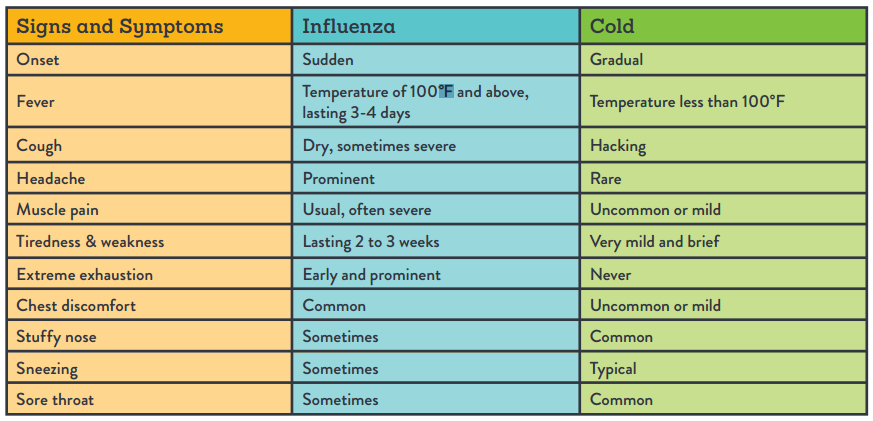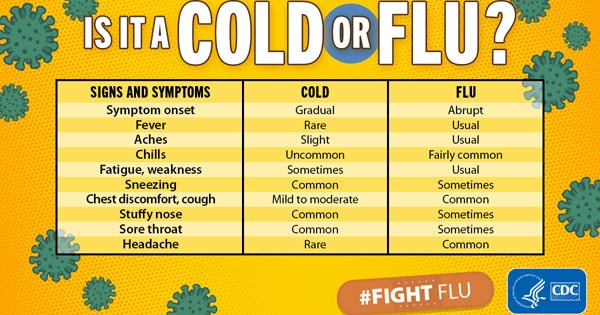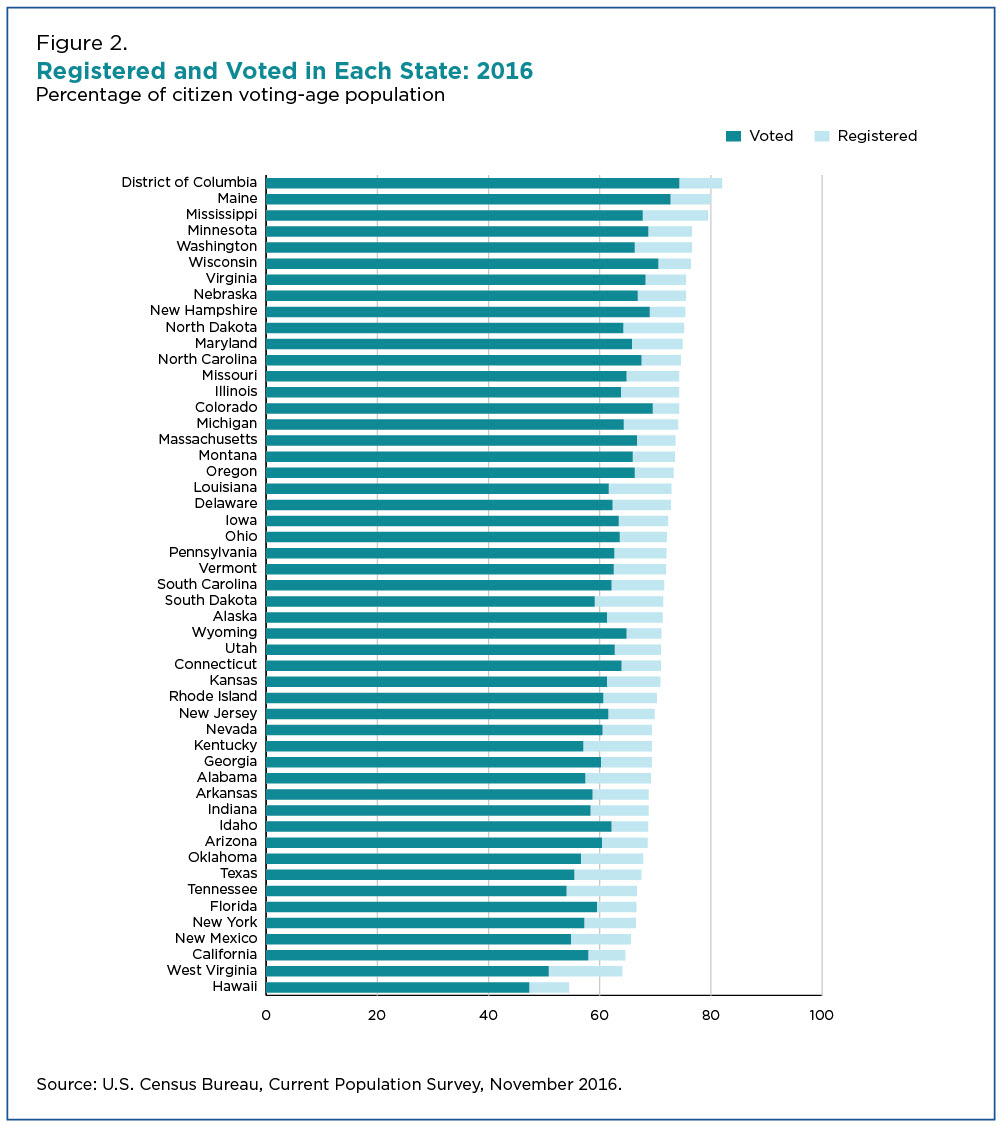Common Cold The common cold viral upper respiratory tract infection is a contagious illness that may be caused by various viruses. Most adults recover from a cold in around 7-10 days but symptoms can persist for up to three weeks.
Flu symptoms can include.

Flu symptoms compared to cold symptoms. Flu symptoms are usually more severe than cold symptoms and come on quickly. This Cold Flu Quiz tests your knowledge on the difference between coming down with the common cold and sickness from influenza virus. Symptoms include a fever runny nose chills fatigue and body aches.
COVID-19 symptoms in comparison to the flu and the common cold ahscacovid Symptoms Coronavirus Symptoms range from mild to severe Cold Gradual onset of symptoms Flu Abrupt onset of symptoms Fever Common Rare Common Fatigue Sometimes Sometimes Common Cough Common usually dry Mild Common usually dry Sneezing No Common No Aches and pains Sometimes. Cold symptoms are usually milder than the symptoms of flu. Flu usually comes on suddenly and sufferers will often experience muscle aches chills headaches tiredness a sore throat and a runny or stuffed nose along with the cough.
Runny or stuffy nose. Comparing cold symptoms vs. Seasonal Allergies Symptoms Chart COVID-19 Symptoms range from mild to severe Cold Gradual onset of symptoms Flu Abrupt onset of symptoms Seasonal Allergies Incubation period 2-14 days 1-3 Days 1-4 Days Varies Symptom onset Gradual 7-10 Days 3-7 Days Varies Symptoms Fever Common Rare Common Sometimes.
A closer look at each infection Common cold symptoms. High Temperature Feeling Exhausted Muscle aches and pains Headaches Sinus Pain Possible gastric disturbance Cough Mucus. A dry cough screams influenza While a cough is a cold symptom and a flu symptom the type of cough you experience is very different.
The flu will cause a dry cough that does not produce mucus. Although both are respiratory illnesses they are caused by different viruses. The symptoms of flu can include fever or feeling feverishchills cough sore throat runny or stuffy nose muscle or body aches headaches and fatigue tiredness.
People with colds are more likely to have a runny or stuffy nose. Flu usually comes on suddenly and sufferers will often experience muscle aches chills headaches tiredness a sore throat and a runny or stuffed nose along with the. Cold symptoms also appear gradually unlike flu symptoms which come on very quickly.
Nausea vomiting and diarrhea are more common in COVID-19 patients than in those with the flu. Others may only have a loss of smell or taste and some may have no symptoms. If you have a cold youll probably have symptoms like these.
Generally speaking the flu is worse. A cough that is caused by a cold often produces phlegm or mucus. Weakness is more common in people with COVID-19 versus the flu.
How does the flu differ from a cold. Symptoms that are more likely to be worse in the case of a Flu infection are. Fever or feeling feverishchills Cough Shortness of breath or difficulty breathing Fatigue tiredness Sore throat Runny or stuffy nose Muscle pain or body aches Headache Some people may have vomiting and diarrhea though this is more common in.
Usually cold coughs produce phlegm or mucus not a dry cough like COVID-19 or the flu. The flu is caused by influenza A and B viruses which circulate during flu season. Usual cold symptoms include.
What are the symptoms of the common cold. One of the main differences in common cold symptoms compared to COVID-19 or the flu is the type of cough. Some people may have similar symptoms to a cold with no fever.
Flu symptoms is usually the best way to tell which ailment you may have. Symptoms of flu include sore throat fever headache muscle. Headache or body aches.
Colds generally do not result in serious health problems. 10 rânduri Flu symptoms usually appear about one to four days after exposure to an influenza virus. Cold and flu symptoms are similar but cold symptoms are less severe.
Common symptoms that COVID-19 and flu share include. In addition symptoms like fever muscle aches and. Shortness of breath is common in people with the flu and COVID-19 but not in those with a cold.
A cold can cause a sore throat cough and runny or stuffy nose.

/cdn.vox-cdn.com/uploads/chorus_asset/file/19118832/HORNER_19077_37_edit.jpg)











